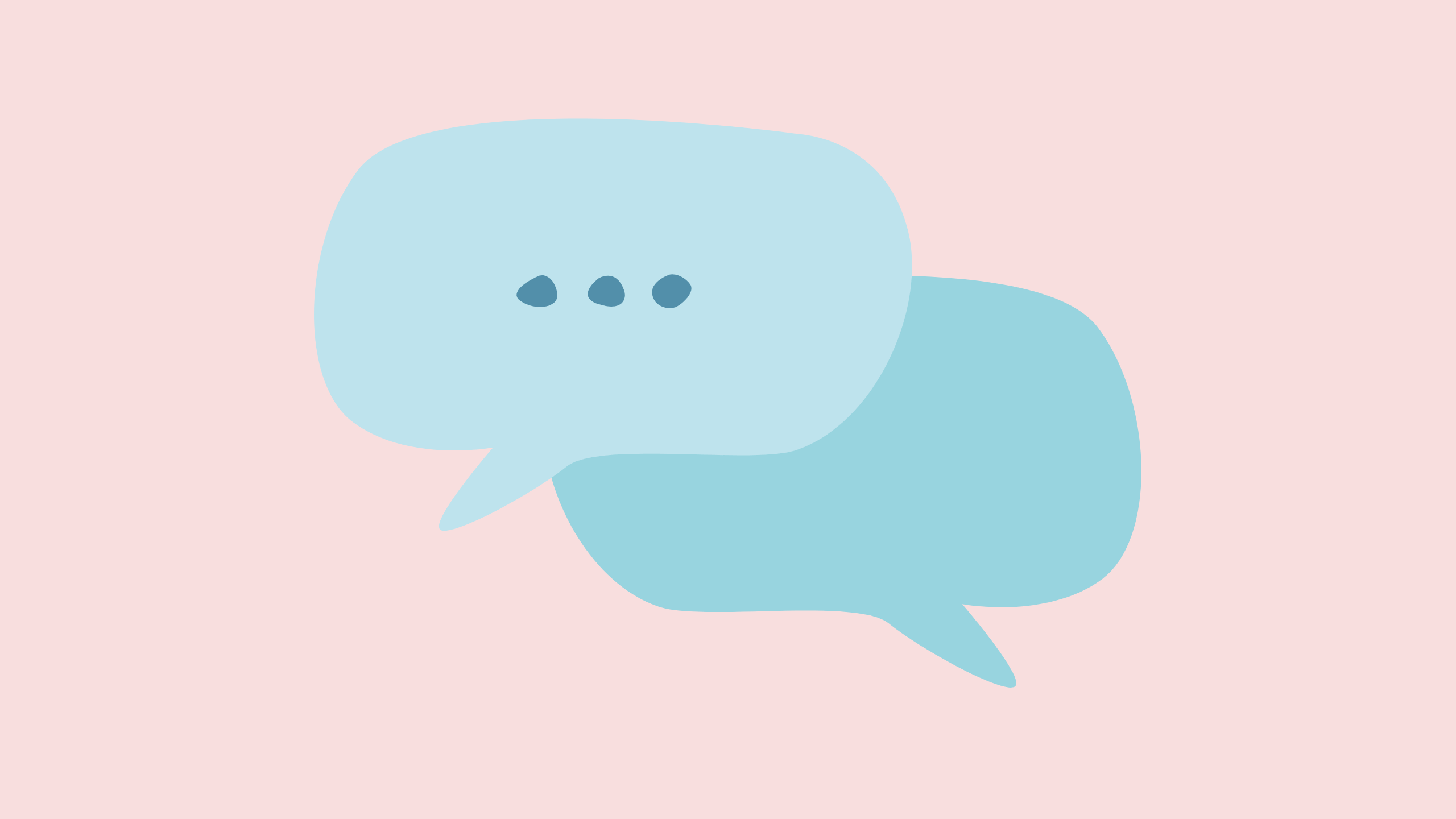So, you’ve responded to an Eyeopener source call-out.
First of all, thank you! Finding sources can be one of the greatest challenges for our writers, but ensuring we find the right student or community voice will always make a story so much better. We appreciate your time and your willingness to share your experience and thoughts.
Here’s a quick FAQ to cover what you can expect from an interview and being included in a story.
How will I be identified in the story?
The first thing a reporter should ask is for the correct spelling of your name, what pronouns you use and other identifying information as necessary for the story. If they don’t, feel free to stop them and ensure they take this info down: this is the first thing we should be getting correct.
The reporter will also confirm your program, the year of study you’re in and any other pertinent information for the story (ex. Job title, age, etc.)
Can I be anonymous?
For some story callouts, our writers will state that anonymity can be granted. However, for callouts that don’t explicitly state otherwise this means that we are looking for sources to be on the record.
Unless you have requested anonymity prior to agreeing to be interviewed, your full name and program will be included in the story. All interviews are on the record unless stated otherwise by the source and agreed upon by the writer.
Anonymity is granted on a case by case basis in extenuating circumstances, such as protecting source’s safety, protecting their job security and stories involving legal actions. However, anonymity must be discussed prior to the interview and approved by the editor-in-chief. Retroactively removing someone’s name or identifying information is not only impossible if the story has gone to print, but impacts our credibility as a publication.
Will this interview be recorded?
Yes, but just for fact-checking purposes. The recordings may be shared with section editors, online editors and/or the editor-in-chief, but they will not be made public.
What if there are some things I don’t want to talk about?
Interviewers should make every effort to ensure that you feel safe and comfortable during the interview. We recognize that journalism is an institution that has caused harm to marginalized communities in the past, eroding trust and making people less likely to speak to reporters. We are still doing the work to mend these community relationships and practice anti-oppressive reporting. Eyeopener reporters should be empathetic, respectful of your boundaries and should meet you where you’re at. This can include giving context to how your voice fits into their story and what they hope to gain from the interview; letting you know what topics the interview may cover and giving you an opportunity to set boundaries around topics you don’t want to speak to; letting you set the time and location of the interview; and giving you space to ask your own questions or give feedback throughout the interview. If you ever have concerns about a reporter’s conduct, please do not hesitate to reach out to the section editor or editor@theeyeopener.com.
Can I see the questions before the interview?
Generally reporters should not share their questions beforehand to ensure the answers given are genuine but accommodations can be made in specific situations.
Can I see my answers after the interview or see the draft before it’s published?
No—reporters can’t share the interview notes with the sources or any drafts. This is to protect our journalistic integrity and ensure the story is balanced. It would also be unethical to change your answers after the fact/adjust the tone of them.
We do recognize that sometimes in interviews people get nervous and don’t think their answers through as much as they want to, or perhaps you get to the end of the interview and you’re not sure what you’ve said. The Eye values your time and wants to get your story right, so please know that one of our editors will be fact-checking with you prior to publication to make sure that what we’re attributing to you is accurate. If any statements are incorrect we can adjust them accordingly, but again we will not be changing the tone or intent of the quote if it was originally accurate.
An article published about me contains a factual error. What do I do?
After publishing, if any statements are incorrect, please reach out to editor@theeyeopener.com to correct them.
Will this article be up even after I leave Ryerson?
Please note that once a piece is published, it cannot be taken down, no matter how old it is. Amending articles after they have been published impacts our credibility as a publication so we don’t take it lightly, and do our best to get the story right on the first go.
Can I be a source for my friend/relative/journalism colleague’s story?
Reporters can’t interview close friends, relatives, or other Eye contributors. We also try to avoid interviewing journalism students unless approved by the editor-in-chief.
If you have any questions, comments or concerns please do not hesitate to contact editor@theeyeopener.com. Thank you again for your time and for trusting us with your story!





